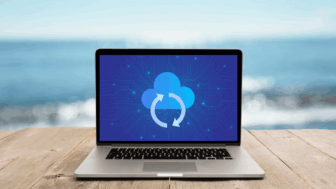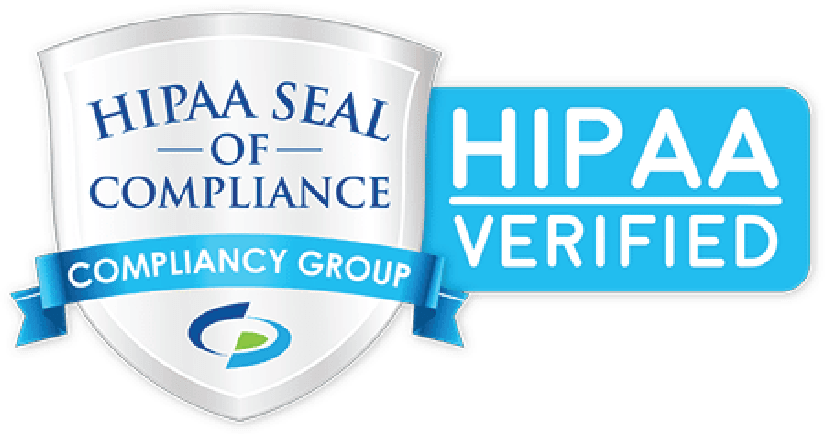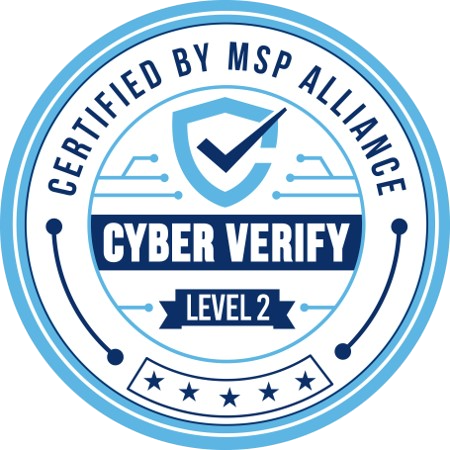Social Media Scams On the Rise: How to Protect Your Nashville Business
Social media provides an excellent platform for networking with friends, customers, brands, and partners while keeping a safe distance amidst the pandemic. Unfortunately, reports indicate that social media channels and apps have become popular hangouts for attackers. The number of people who lost money to scams that began on social media tripled over the past year, with a spike in the second quarter of 2020. These scams were typically related to romance, online shopping, and supposed economic relief or online income opportunities.
Additionally, consumers have been scammed by nonexistent eCommerce sites that don’t deliver the products purchased. According to most FTC reports, people mentioned Instagram and Facebook as the leading platforms, saying they ordered something after seeing an ad on those channels. In most cases, the scam ads look real and can be precisely targeted for a particular audience. Besides, the scammers can delete comments on their posts or ads so that negative responses don’t appear and alert unsuspecting users to the con.
Other than eCommerce scams, people have also lost money through romance scams, especially on Facebook and Instagram. Such scams often begin with social media messages or friend requests.
MLM Scams Infiltrating Social Media
Most people have reported social media scams during the pandemic that offer to grant money and other giveaways to cushion them from the economic meltdown. The scammers offer so-called relief to individuals in need of cash while they are actually targeting your money or personal information. To make matters worse, these scam messages may even come from the people you know, either because their accounts have been hacked or they are totally ignorant about the scam.
As people look for alternative ways to earn money online, multi-level marketing (MLM) entities and pyramid schemes have become rampant in social media. Many of these recruitment offers come with extravagant claims about possible earnings. Some MLM companies are actually illegal pyramid schemes that survive on recruiting new members rather than selling products. The majority of people who join MLMs make little or no money, while those who get involved in pyramid schemes typically lose their investment.
Scams through Facebook Quizzes
Social media quizzes might seem like a harmless gathering of random facts from your past. Such quizzes often ask for details such as:
- Who was your first-grade teacher?
- What was your first job?
- What car did you first drive?
- What is your mother’s maiden name?
- What was your first concert?
These sites claim to reveal your “silent film villain” name or “rock star” name by completing the quizzes. Many people often complete these quizzes just for fun, but the hackers are having even more fun on the other side of the dark glass. Many of the questions asked are also security prompts that hackers use to verify your identity online.
According to cybersecurity experts, you should never take these social media quizzes. After all, there isn’t any real value in filling out these social media questionnaires. By engaging in these seemingly harmless quizzes, you’re simply taking the bait and risk disclosing your personal data to scammers.
How to Avoid Social Media Scams
To avoid being the next victim in social media scams, here are some tips to help you stay safe from hackers:
- Be wary of social media quizzes that ask for personal information that could relate to your account password.
- Avoid quizzes that ask for your email address or other personal information.
- If you must participate in a quiz, only fill out questionnaires on trusted and reputable websites.
- Avoid the temptation to click on posts that seem too good to be true, especially scandalous or shocking posts.
- Contact any company through trusted channels only.
- Ensure you’re dealing with the proper organization’s real website and not a look-alike website created by scammers.
Additionally, be wary of apps that transform your face into a painting or cartoon character. Facial recognition has become a critical security tool, so be cautious about permitting unknown apps to take your facial details and photos. Scammers could easily use those details to execute criminal activities or access your online accounts that require facial authentication.
What to Do If your Online Account is Compromised
Realizing that your online account has been hacked can bring a lot of panic, curses, and confusion. It’s always important to move with speed to restore your account to avert further trouble. Here is how to handle a compromised account for long-term recovery:
- Change your passwords: The first thing to do after your account is hacked is to change your password immediately. Additionally, change passwords for every account accessed from the compromised device. Hackers may have installed malware to track all data transmitted via the device.
- Set up credit monitoring: Whenever your account is hacked, notify the financial institution or credit card company to lock down your account immediately. You may need to request a new card with a fresh account number. Besides, you can ask them to monitor your account for any fraudulent transactions and set up credit monitoring with your area’s credit reporting agencies.
- Let a trusted IT expert inspect your devices: Scammers sometimes set up websites that appear to be affiliated with your device manufacturer. If you seek technical support from such scummy websites, you could unknowingly share critical device information with attackers, exposing your vital personal information. It’s best to work with a trusted IT professional or physical repair shop with humans handling the work.
Always keep in mind that cybercriminals can be patient and may hold on to your information for several days or months before they begin exploiting the vulnerability. So, be sure to take all these precautions even if things seem safe and calm in the meantime.
Wrapping Up
If you need professional help protecting your network and online accounts, Kraft Technology Group is your dependable partner. Our experienced cybersecurity experts can also review your security setup to help prevent any potential cyber-attacks. Since 1993, we’ve been providing top-notch IT services, network support, and cybersecurity to businesses throughout Nashville. In addition, we have a solid background in professional services and public accounting principles, making us suited for companies seeking true technology expertise. Contact us today to schedule a consultation!





